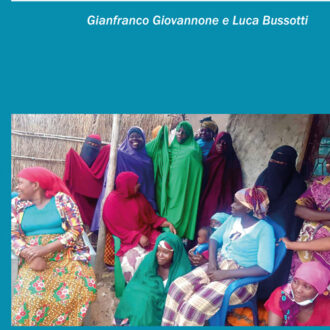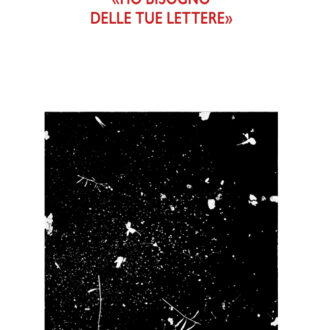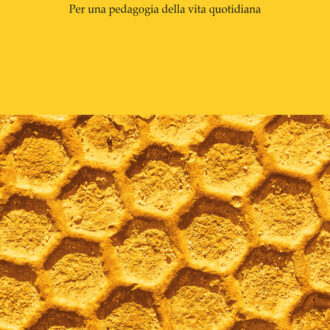About this book: This volume enquires into the notion and meaning of medical communication, with particular reference to the English-speaking world, by tracking its expression of medical information and knowledge through a summary Medical Timeline that charts turning points in medical history in relation to changes in the way medical information is communicated. It provides examples of both successful and unsuccessful communication and is concerned with identifying the complex sociolinguistic processes that underlie the goals and modes of medical communication. An understanding of the relationship between medical systems and medical genres requires precise identification of the macro and micro levels involved in everyday patterns, situations and contexts where both medical and lay users interact in both local and global contexts.
The volume contains many illustrative colour photographs and multimodal texts, suitable for classwork and private study. With its recourse to Internet links, most of which can be accessed via the Companion Website, the volume provides many examples of medical communication in action, relating to new medical genres, in particular, that constitute an effective training ground for the globalized doctor in the modern era.
The volume also investigates the relationship between text, multitext, genre and macrogenre. Readership: The volume is intended for all those who work in Primary and Secondary Care: doctors, hospital managers, nurses and other healthcare workers, postgraduate and undergraduate students in biomedical disciplines. Given the vast array of topics covered, the volume will also appeal to historians, journalists, politicians, linguists and specialists in communication and media studies.
About the author: Anna Loiacono is Associate Professor of English in the Faculty of Medicine, University of Foggia, where she has taught medical undergraduate and postgraduate students for many years.
Her publications in the medical field include the volume A Virtual Hospital for MedicalEnglish: Multimodalsequence-based text studies(Ibis, 2012) and the articles Medical Genres in Socio-Political Communication: Overcoming gaps and Medical CLIL (Part IV): How the brain works, in the volume Web Genres and Web Tools: With contributions from the Living Knowledge project (Ibis, 2012).












Recensioni
Ancora non ci sono recensioni.